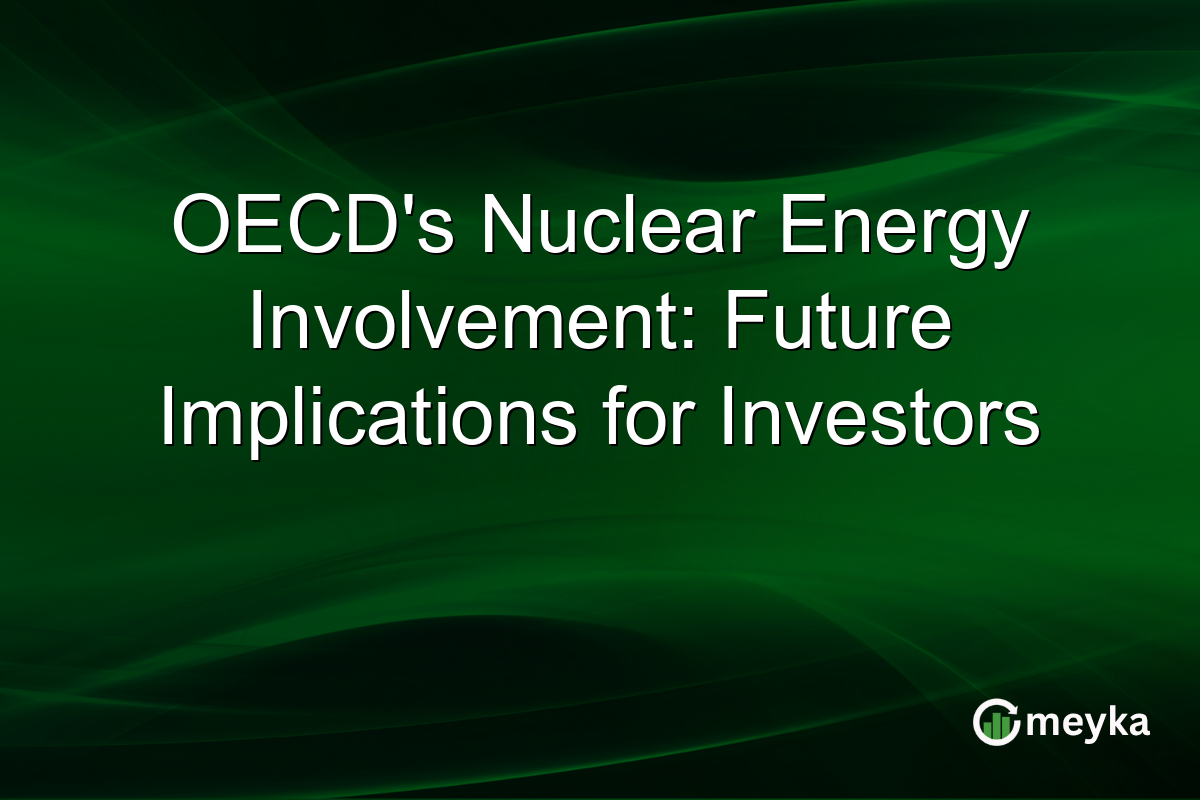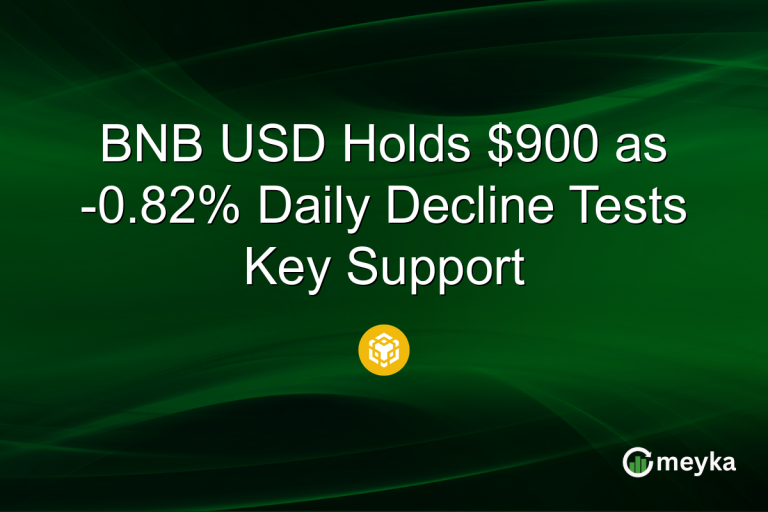OECD’s Nuclear Energy Involvement: Future Implications for Investors
The Organization for Economic Co-operation and Development (OECD) is taking significant strides in nuclear energy, cementing its role in future energy policies. Through its Nuclear Energy Agency (NEA) and collaboration with the International Atomic Energy Agency, OECD is shaping a sustainable energy landscape that captures investor attention. Nuclear power investments are pivotal to addressing global energy needs while supporting economic and environmental objectives.
Continue Reading on Meyka
This article is available in full on our main platform. Get access to complete analysis, stock insights, and more.
Read Full Article →





